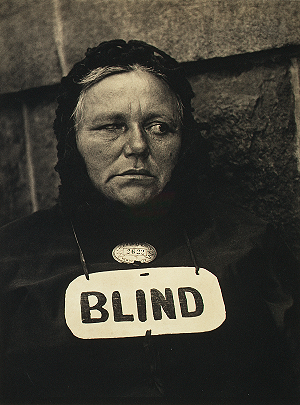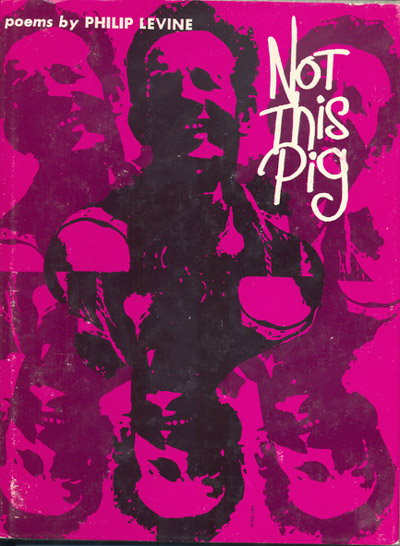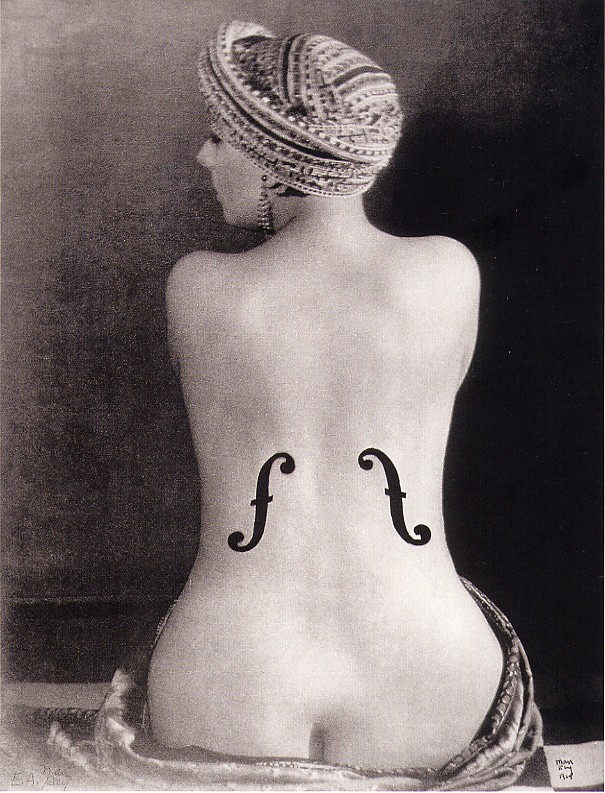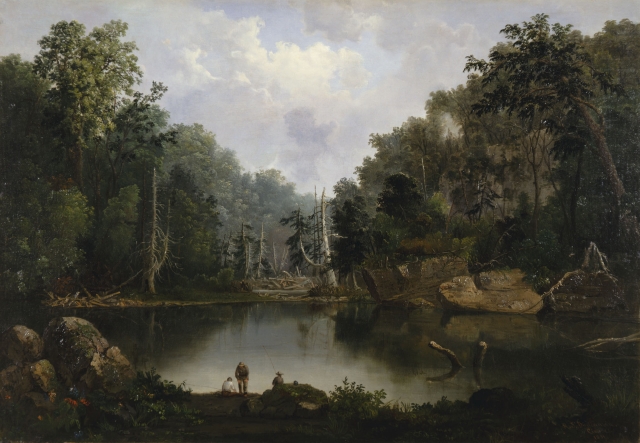On the surface, Henry Thoreau and Marcel Proust seem to be as different as two men could be. Both writers have been tutelary spirits for me, though, so the synapse connecting them in my mind had already formed and was ready to fire when I heard Damian Searls say this on Open Source with Chris Lydon:
Proust himself was a disciple of Emerson’s; his first book is dotted with Emerson epigraphs all over the place. And it’s kind of staggering to think about, but at one time he had planned to translate Walden into French. Wouldn’t that have been something? When he read excerpts of Walden in another translation, he praised them in a letter to his friend by saying, “It is as though one were reading them inside oneself, so much do they rise from the depths of our intimate experience.” And that’s such a great Proustian bit of praise. That’s what Proust is always looking for. I think of Proust’s cork-lined room and Thoreau’s cabin in Walden as the two iconic places where a writer burrowed into himself in solitude and got to a place that spoke incredibly intimately to his readers. That’s the kind of Emerson project of becoming self-reliant, and that’s when you become universal. And Thoreau and Proust—which is a strange combination, but I think it’s really right, I mean Remembrance of Things Past is one of the only books almost as long as Thoreau’s journal—but they’re the ones who really did it.
Damian Searls has edited a one-volume abridgement of Thoreau’s Journal. It is organized around the insight that the Journal wasn’t a serial diary or lapidary notebook but rather a sustained inquiry stretching over 25 years and 2 million words. Searls also finds an affinity between Thoreau and Rainer Maria Rilke: That connection isn’t firing yet for me, but I’ll give it a chance. Here’s what searls said to Chris Lydon:
… Rilke is such an aesthete, but it’s kind of remarkable how many of these Thoreau journals end up sounding like Rilke poems in prose, or vice versa. So I think that in terms of the generational stuff it took a while. Thoreau was seen as this kind of crusty Yankee, and then he was seen as this civil disobedience hero and this environmental prophet, all of which are true. There’s a book called Senses of Walden by the great philosopher Stanley Cavell in the early 70s that started to really read Thoreau’s writing as this very dense literary, connective, pun-filled, textured thing of greatness that it is. And so I think it’s only been recently in the 70s and 80s and 90s that people have paid as much attention to Thoreau’s prose as I think it deserves.
![gustave_caillebotte_paris_street_rainy_day Gustave Caillebotte. Paris Street, Rainy Day (La Place de l’Europe, temps de pluie). 1877. Oil on canvas. Art Institute of Chicago. [Source: Wikimedia Commons]](../wp-content/uploads/2009/02/gustave_caillebotte_paris_street_rainy_day_1877_wiki.jpg)
![Fog at Isle Royale [Source: wildmengoneborneo.com] Fog at Isle Royale [Source: wildmengoneborneo.com]](../wp-content/uploads/2008/04/isle_royale_fog.jpg) "Brendan, this is what the world looks like all the time to me. Just a little fog. It’s a fine day for boating on the Great Lakes.” Without missing a stroke he turned to dart a skeptical glance at me. Brendan the Navigator. When we named him I didn’t tell his mother everything the legendary Irish name implied. But I imagined him taking on the role of navigator for me. Growing up with Coastal Survey charts and tales of Great Lakes shipwrecks, he came to know Superior as another home. He never doubted the wisdom of canoeing there with a father who was half blind.
"Brendan, this is what the world looks like all the time to me. Just a little fog. It’s a fine day for boating on the Great Lakes.” Without missing a stroke he turned to dart a skeptical glance at me. Brendan the Navigator. When we named him I didn’t tell his mother everything the legendary Irish name implied. But I imagined him taking on the role of navigator for me. Growing up with Coastal Survey charts and tales of Great Lakes shipwrecks, he came to know Superior as another home. He never doubted the wisdom of canoeing there with a father who was half blind. 
 If there is an emerging genetic underclass, I could run for class president or class clown. Read more in
If there is an emerging genetic underclass, I could run for class president or class clown. Read more in  The legendary Kiki of Montparnasse posed for Man Ray’s
The legendary Kiki of Montparnasse posed for Man Ray’s 
0 Comments
There are no comments yet, be the first by filling in the form below.
Leave a Comment